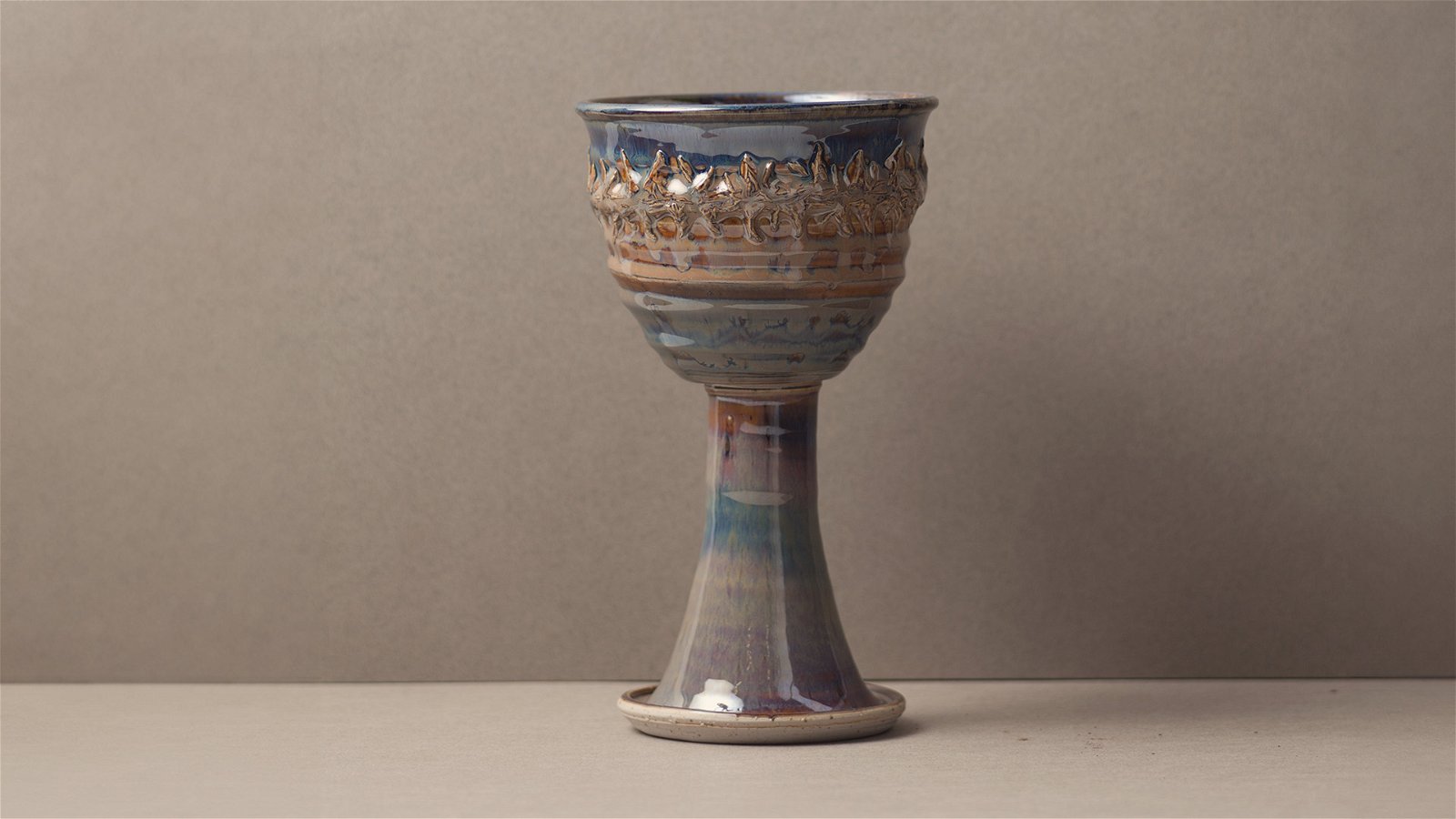
Passover refers to the most significant event in Israel’s history. It is a meal that is rich in symbolism as it recalls the time when the Jews who had become slaves in Egypt were protected from the death of their firstborn by putting the blood of a lamb on the doorposts of their homes. It also commemorated their deliverance from slavery, and their miraculous crossing of the Red Sea as they journeyed to the Promised Land. Jews from all over Israel would come to Jerusalem to secure lodging and make preparation for this annual feast.
On the night before He was crucified, Jesus desired to observe this Passover celebration with His disciples. He knew, however, that the religious leaders had put out a contract on Him and that Judas, one of the Twelve, had conspired to betray Him. For that reason, Jesus kept the location of their meal a secret until the last minute, when He sent Peter and John to go to the place where He had pre-arranged to observe the Passover with them. It was in this Upper Room that Jesus would wash the feet of His disciples, would indicate that one of them would betray Him, and would invest this Passover observance with new meaning.
The Passover meal required extensive preparation. All leaven had to be removed from the home, and all the elements for the meal secured. The meal consisted of bitter herbs, reminding participants of the bitterness of slavery in Egypt, salt water to represent the tears shed during the years of slavery, and a paste made with nuts and apples that represented the mortar used in the bricks they had made as slaves. The roasted lamb had been purchased and sacrificed at the Temple to consecrate it as a sin substitute, and the meal would be accompanied by unleavened bread and by wine that signified the shed blood of the sacrificial lamb.
Jesus used this occasion to institute what we know today as the Lord’s Supper. He took the bread and wine and gave them new meanings. He told His disciples that the wine represented His blood that would be shed for our sins, and the bread represented His body that would be broken for us. The Lord’s Supper has thus become an occasion to remember the crucifixion of Jesus and the new covenant He made possible through His sacrificial death.
The Lord’s Supper, therefore, is a memorial. Every time we go to the Table of the Lord, we are called to remember what Jesus did for us. As we eat the bread, and drink the cup, we remember His broken body and shed blood. The Lord’s Supper is also a covenant. It says that we are in relationship with Christ and that we remember the price he paid for us to get right with God.
The Lord’s Supper is not only a time to remember all that Jesus did for us, but a time to look forward to His Second Coming. It is also a time to look inward and to confess any known sin. Following the Passover meal, the Bible tells us that Jesus and the disciples left the Upper Room and retreated across the Kidron Valley to a private garden called Gethsemane.
